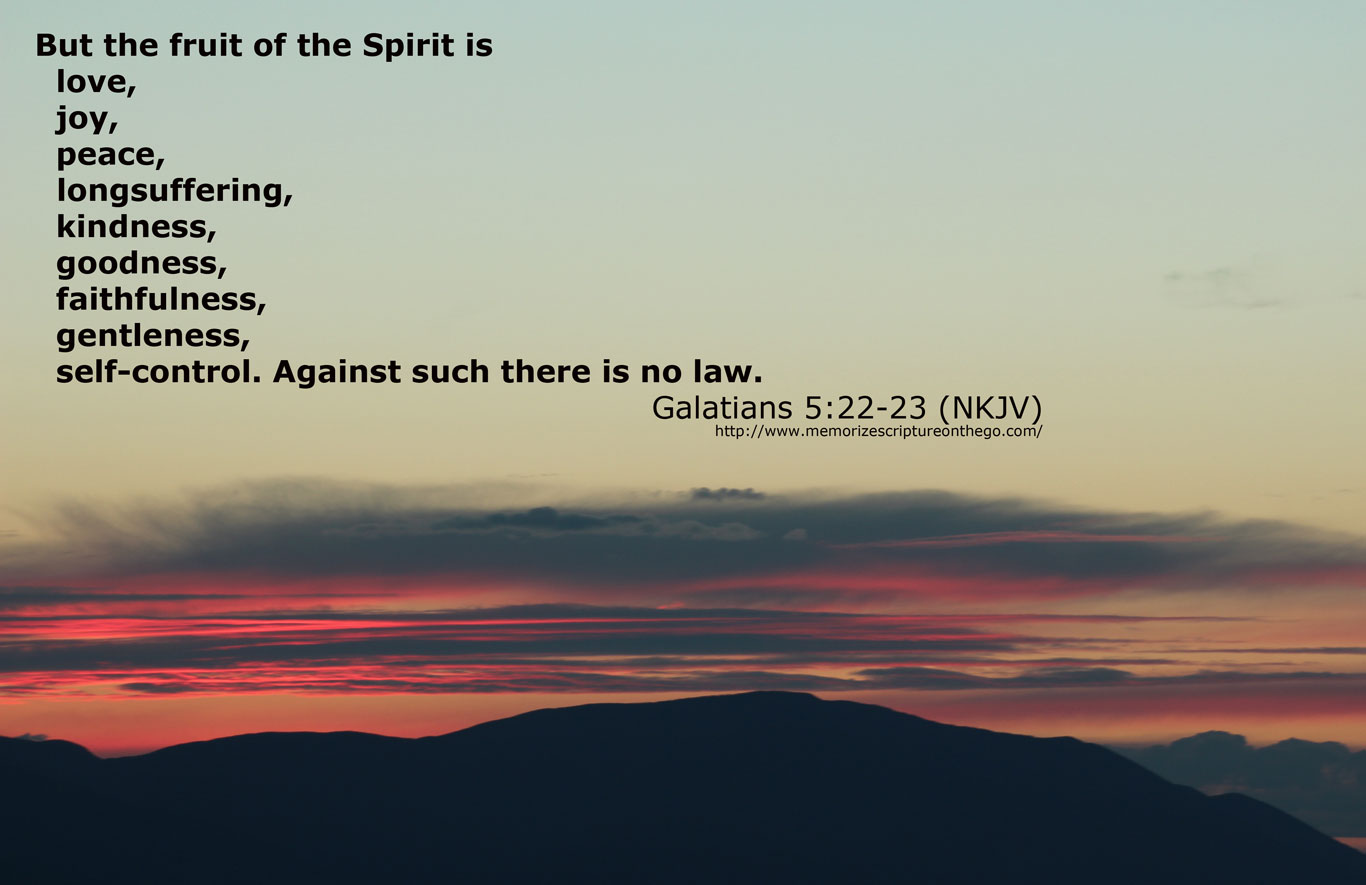Last week, on the Feast of the Holy Trinity, we reflected on ‘promises’
especially those from… God himself.
We focused on the one of Jesus in the last verse of the gospel of the day (Mt.28:16-20)
a promise assuring us:
”I am with you always; yes, to the end of time.”
Today, on the Feast of the Body and Blood of Christ we see this promise being realized.
Jesus has found a way – an extraordinary means – to be with us, and to remain with us, always.
He has made his presence REAL in this sign –
the sacrament of himself truly and unfailingly present to all that we live and experience.
We must say that his presence is not restricted to this single mode of the sacrament.
Jesus has said that he is with us when two or three of us are gathered in his name (Mt.18:20-22).
Long ago, the Psalmist has said that God is near the broken-hearted (Ps.34:18),
in other words: God is with us in our pain and suffering.
The words of Scripture also translate his presence to us.
When he came into our world, his name was already expressing this reality:
Emmanuel: God-with-us.
He can – and he does – remain with each one of us in the different situations of our lives
and the happenings in our world.
Today is a special occasion to remember it and to celebrate his promised realized.

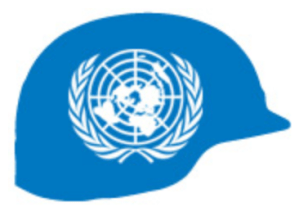 « United Nations peacekeeping is a proven investment in global peace, security and prosperity. Together, let us pledge to do all we can to enable that mission to succeed. » —
« United Nations peacekeeping is a proven investment in global peace, security and prosperity. Together, let us pledge to do all we can to enable that mission to succeed. » — 
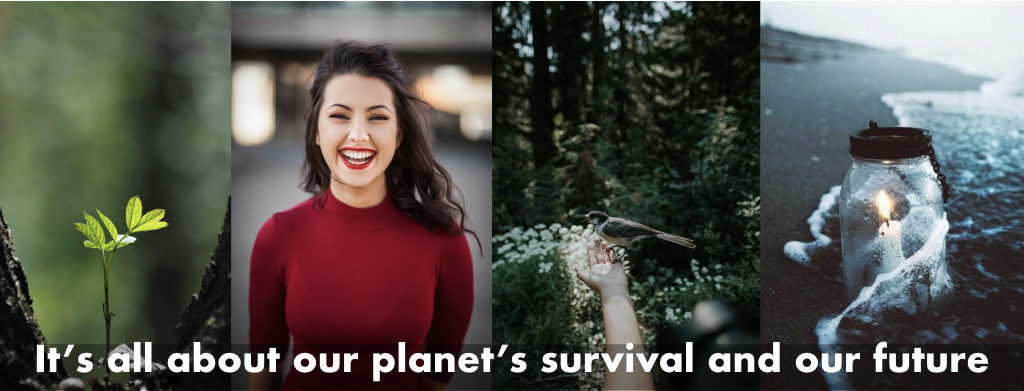
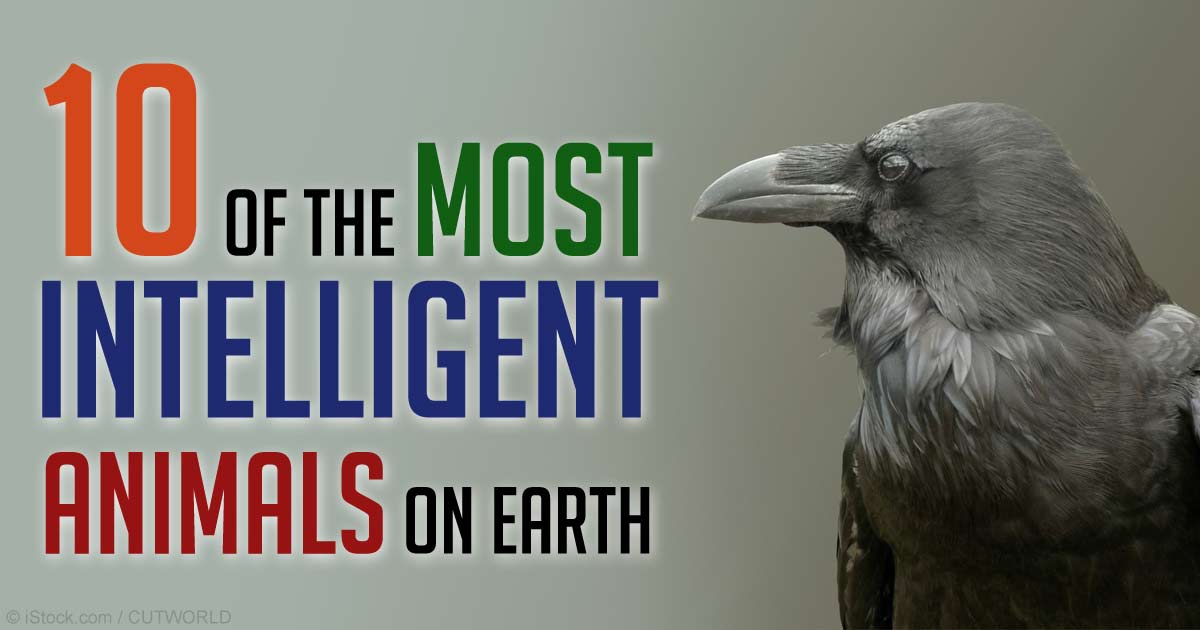 Smart Species
Smart Species 
 International Missing Children’s
International Missing Children’s
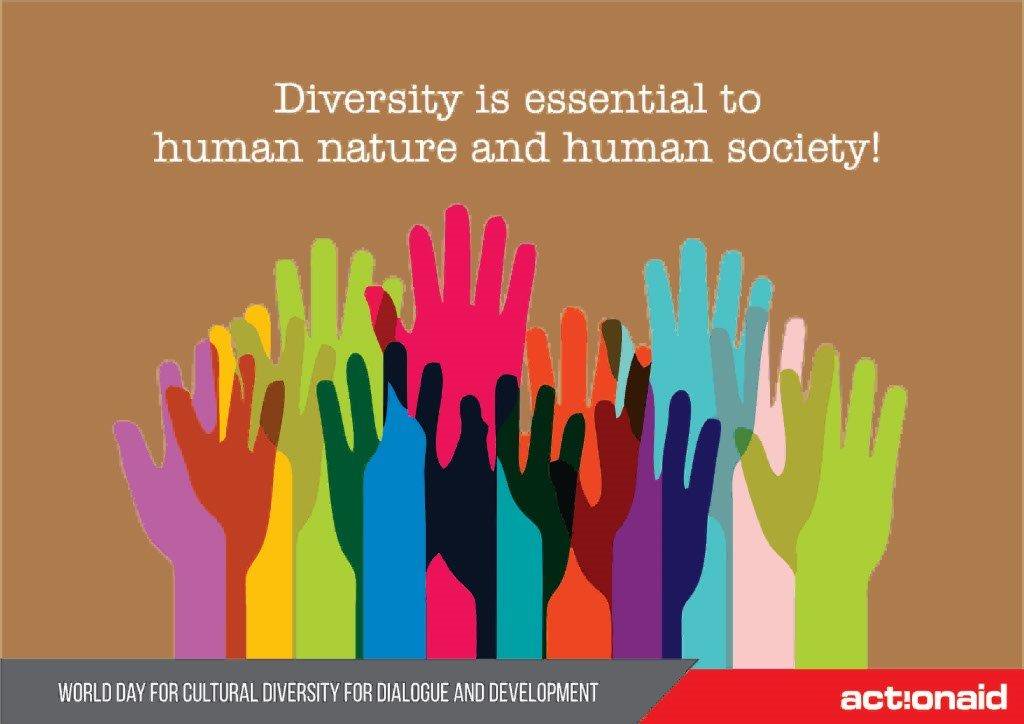 World Day for Cultural Diversity for Dialogue and Development is annually held on May 21 to help people learn about the importance of cultural diversity and harmony.
World Day for Cultural Diversity for Dialogue and Development is annually held on May 21 to help people learn about the importance of cultural diversity and harmony. « Each one bewildered…
« Each one bewildered…